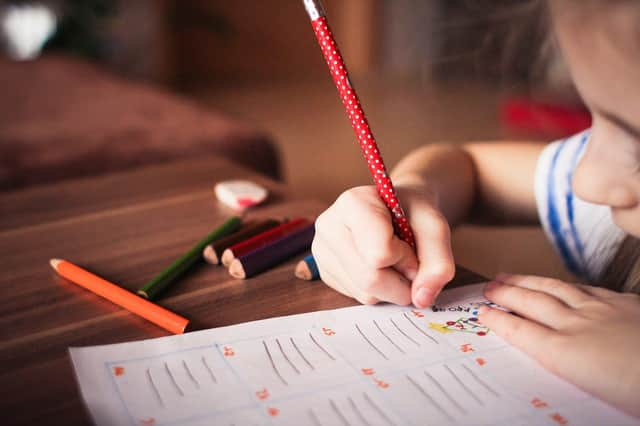Getting children's education back on track in Sunderland 'will take three years' after covid pandemic, says chief


But understanding and reacting to the impacts of the COVID-19 outbreak is expected to be a much longer process, with the youngest pupils expected to be most in need of extra attention.
Advertisement
Hide AdAdvertisement
Hide Ad“This is not a six-week recovery process, we’re not going to improve and get back to where we were over a short period,” said Simon Marshall, director of education at Together for Children, the organisation which runs children’s services in Sunderland
“This is probably going to be two or three years of really hard, complicated work, understanding what the impact of the pandemic has been on children.
“We need to listen to children, we need to design programmes that best meet their needs.
“Some of it’s still unknown around what the impact’s going to be – it’s not just switching maths and English back on.”
Advertisement
Hide AdAdvertisement
Hide AdMarshall was speaking at a meeting of Sunderland City Council’s Children, Education and Skills Scrutiny Committee on March 4, which was held by videolink and broadcast via YouTube.
All of Sunderland’s primary schools are expected to open on Monday, with all the city’s secondary schools predicted to be ‘fully open’ by Wednesday, March 10.
Quick-result lateral flow testing is being offered to all pupils, with uptake across Wearside believed to be between 85-95 per cent.
While much has been made of the plight of those facing GCSEs, A levels and other assessments over the coronavirus pandemic, Marshall also called for more resources to be directed at the very youngest.
Advertisement
Hide AdAdvertisement
Hide AdHe added: “The group of children I’m most concerned about is our very youngest children, in our early years settings and our nursery and reception classes.
“That first three years of their education is vital in their development, their language acquisition, their socialising, their ability to develop relationships.
“That’s really difficult to do from home.
“Some of our young people taking GCSE courses who’ve had online teaching, they’ll have had very similar lessons to what they would normally have had, just through a computer rather than in the classroom.”